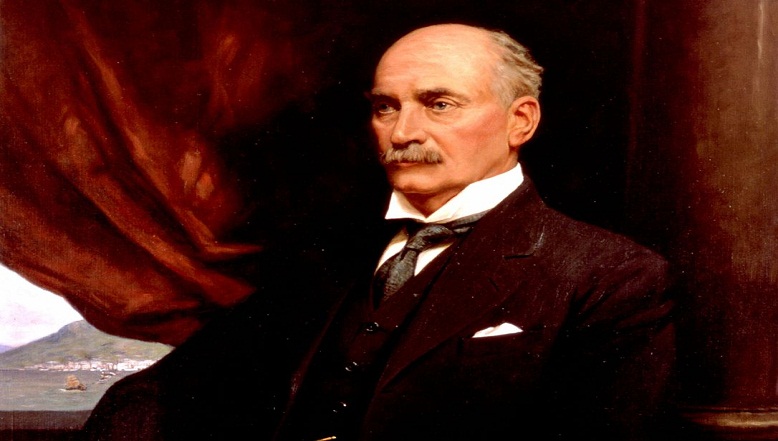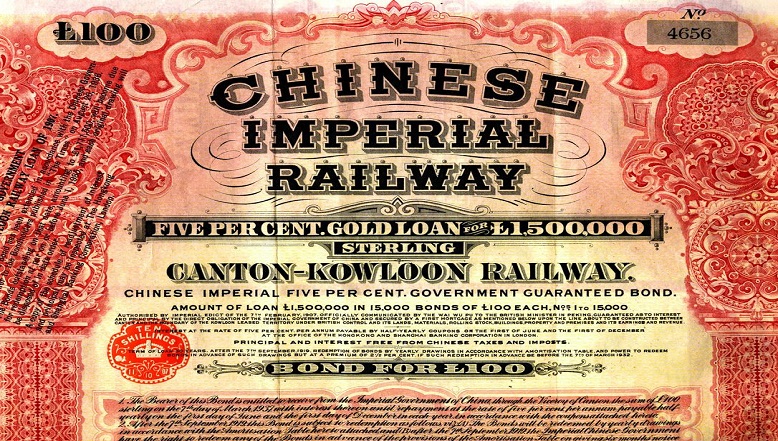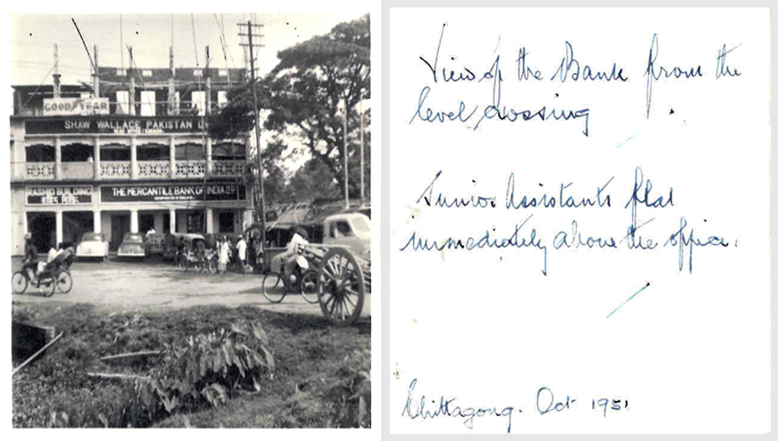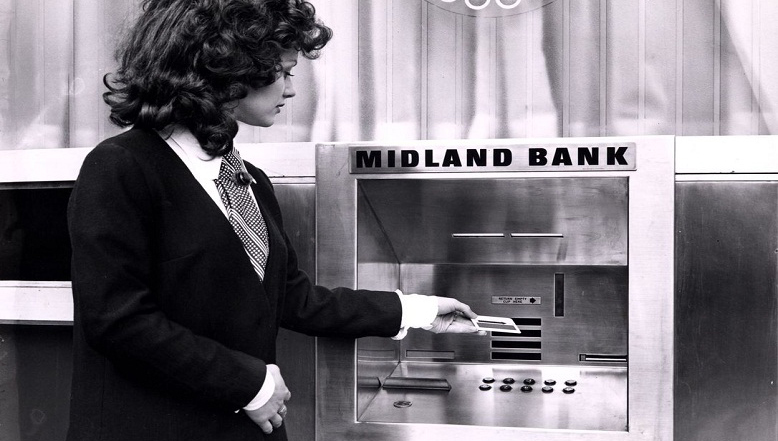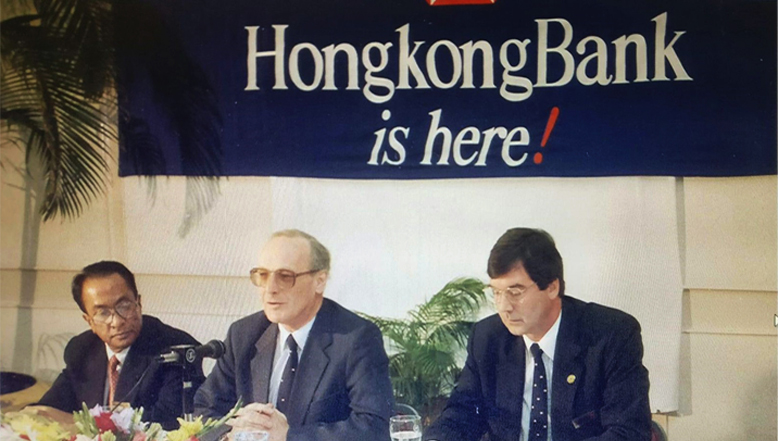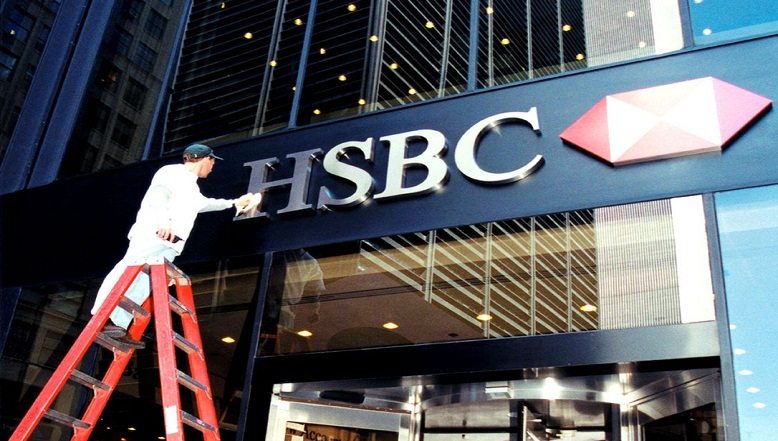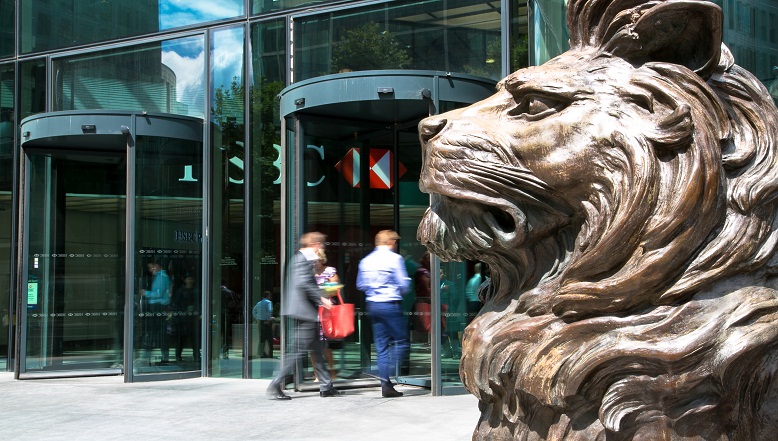The Hongkong and Shanghai Banking Corporation Limited opened in Hong Kong on 3 March 1865 and in Shanghai one month later. It was the first locally owned bank to operate according to Scottish banking principles.
HSBC in Bangladesh

Our services
HSBC opened its first office in Dhaka, in 1996. Since its establishment, staying true to its purpose, HSBC has been striving to become a trusted partner of Bangladesh’s economic growth and prosperity.
We offer a range of financial services in Bangladesh including wholesale and retail banking, global payments solutions, trade services, treasury, and custody and clearing.
Aligned with the development strategy of Bangladesh, we have supported selective long-term projects which support other economic drivers like employment, social and environmental improvement etc.
Our headquarters
Level 4, Shanta Western Tower
186 Bir Uttam Mir Shawkat Ali Road
(Tejgaon-Gulshan Link Road)
Tejgaon Industrial Area, Dhaka 1208
Telephone: +880 966 633 1000
+880 961 277 1000
Our CEO
Md. Mahbub ur Rahman
CEO and Head of Banking
Our history in Bangladesh
The history of HSBC’s branch in Chattogram can also be traced back to the British Era. In July 1947, an official of United Kingdom’s Mercantile Bank of India Limited was dispatched to East Bengal. The official, Lionel Blanks, was visiting Dhaka, Narayanganj, Chandpur and Chattogram, looking into the prospect of opening up a new branch of Mercantile Bank’s subsidiary Hong Kong Bank. In 1951, the Mercantile Bank of India opened their first office in Chittagong.
By 1959, through a series of mergers and divisions, its name had been shortened to Mercantile Bank Ltd and was acquired by HSBC the same year. The bank was an issuer of Hongkong bank notes until 1974. On 3 December 1996, HSBC opened its first branch in Bangladesh in the iconic Anchor Tower, Dhaka. Today, as one of the leading international banks in Bangladesh, HSBC remains a constant partner for the country’s sustainable growth and development, connecting customers to opportunities.
Call centre and internet banking
For any queries, complaints, feedback or compliments, please call our contact centre on:
16240 (accessible from within Bangladesh)
+88 096667 16240 (accessible from overseas *) 24/7
(including government holidays)
* Only international calls through authorised channel are allowed
For inquiries and feedback: contact@hsbc.com.bd
For complaints or grievances: complaints@hsbc.com.bd
For Internet Banking: internet.banking@hsbc.com.bd


